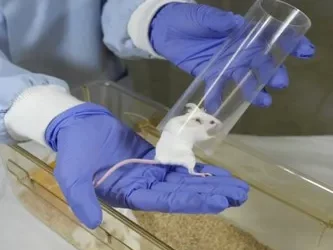Persistently high temperatures and related heat stress are a big problem for people living in cities, especially in slums and informal settlements.Heat exposure will reach 45 billion person-days by the 2060s, over three times the rate between 1985 and 2005.Heat exposure challenges are increased by a shortage of basic services and infrastructure, along with low-quality housing, poor socio-economic conditions and few green spaces in slums and informal settlements.
Green spaces have the potential to reduce heat and, in turn, improve health, especially in vulnerable urban areas such as informal settlements.
Vertical greening can be scaled up. Parks and other green open spaces are usually created in formal and affluent neighbourhoods. While this is good, it must be complemented by policy initiatives and programmes that promote citizen-led, community-based vertical farming in dense informal settlements.
Incentives relevant for each local environment or community might help vertical greening to gain traction. There should be a strong push for vertical greening systems – for food, microclimate control and other health-related benefits.



























